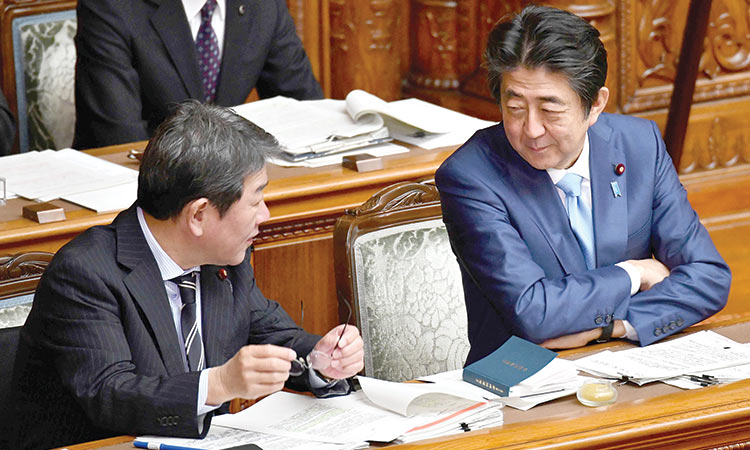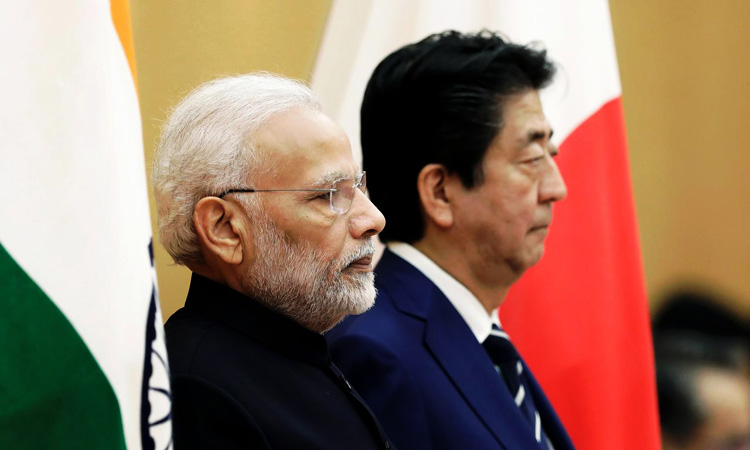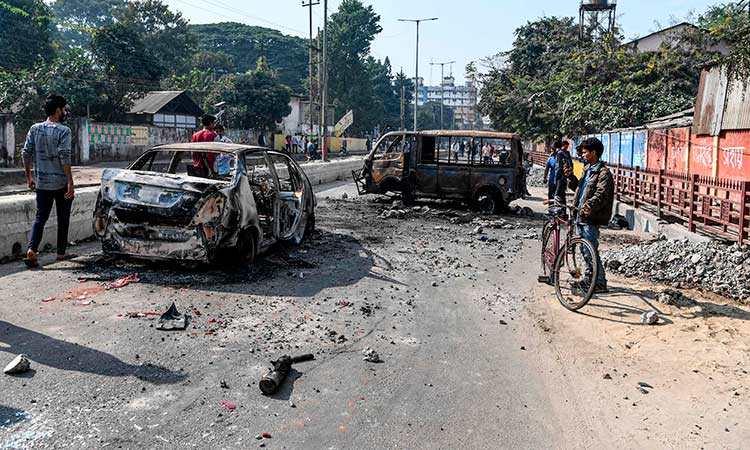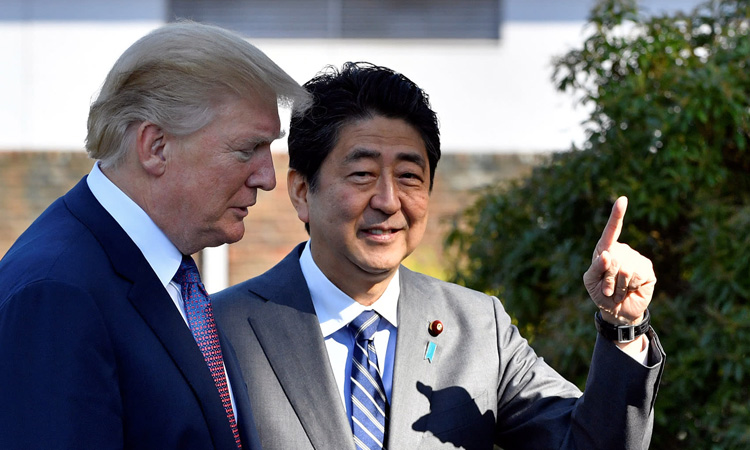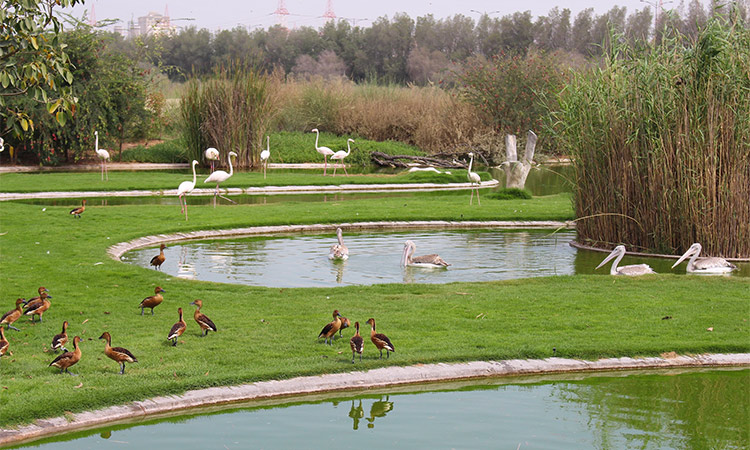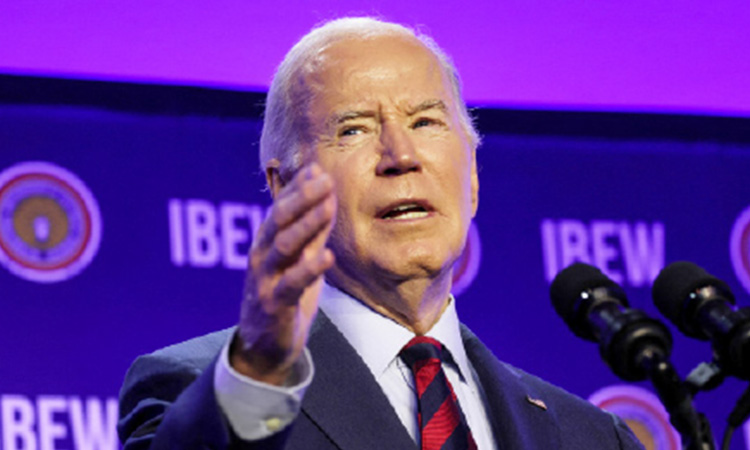Let not health issues crimp your life
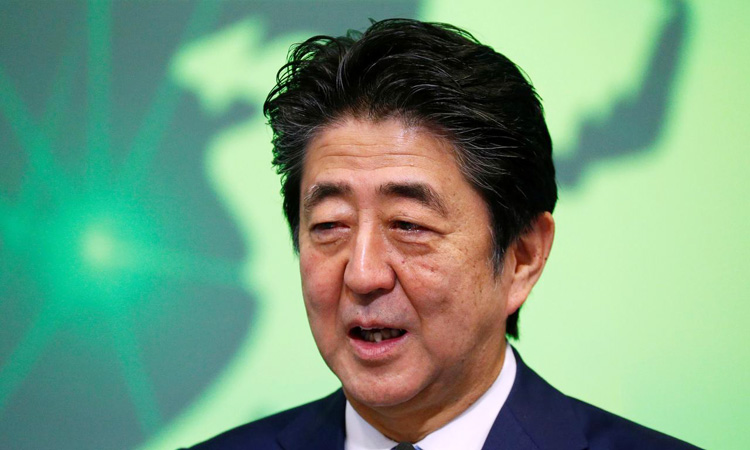
Shinzo Abe. File
Hollywood star Chadwick Boseman, who brought cool intellectual gravitas to the Marvel superhero Black Panther, died of colon cancer on Friday. Tens of thousands of his fans were absolutely shocked to get the tragic news. They were completely heart-broken.
As his Hollywood career flourished, though, Boseman was privately undergoing “countless surgeries and chemotherapy” to battle the colon cancer. He’d been diagnosed at stage 3 in 2016 but never spoke publicly about it. He kept quiet as his killer remained active. Boseman was melting within as he remained cheerful without. He displayed a type of resilience that only some stars and some humans are capable of.
Japanese Prime Minister Shinzo Abe has announced his intention to resign, citing regular health concerns. He appeared dignified in defeat as he talked about his untimely departure from the nation’s most important office with a deep bow before his political destiny.
Abe, 65, has visited hospital twice in the past two weeks and told a news conference that a chronic illness had resurfaced.
Abe said he was suffering a recurrence of the ulcerative colitis that forced him to cut short a first term in office, and that he no longer felt able to continue as prime minister.
He became the longest serving prime minister in November. His first term ended abruptly 13 years ago because of health problems, fuelling concerns about his recent hospital trips.
The first was a brief trip in June. Then, on 17 August, he spent seven hours in hospital for a visit described by his office as a “day-long checkup during the summer break, as he has hardly had any days off recently and would like to be in his best condition after the break is over”.
His third trip to hospital was on Monday and triggered a new wave of speculation in Japanese media that his health was declining, even as he insisted he was there “to get detailed results from last week’s checkup and have additional examination”, and that he planned “to keep working hard”.
The issue brings to the fore the age-old adage that health is wealth. Abe had to sacrifice his professional career at the altar of health.
In these coronavirus times, no other issue has gripped the mind of the people as the condition of their health, their immunity to disease. It has turned out to be the paramount concern of millions, or billions, around the globe. 2020 could well be called the Year of the Coronavirus. Scientists and the common masses are making full-on efforts to keep the dreaded disease, which could kill, at bay.
From wearing face masks to gloves, to getting scanned for body temperature before they enter any office or shopping mall, there is no health – or life-saving – formula or technique that has not been resorted to.
The global coronavirus outbreak is the sort of disaster whose effects will last far into the future, World Health Organisation Director General Tedros Adhanom Ghebreyesus said recently.
“The pandemic is a once-in-a-century health crisis, the effects of which will be felt for decades to come,” Tedros told a meeting of the WHO’s emergency committee.
The pandemic has killed thousands of people since emerging in Wuhan, China, with more than 17 million cases diagnosed. The Chinese city is fast normalising.
It is health that is the real wealth, and not pieces of gold and silver, as India’s Father of the Nation Mahatma Gandhi once said.
